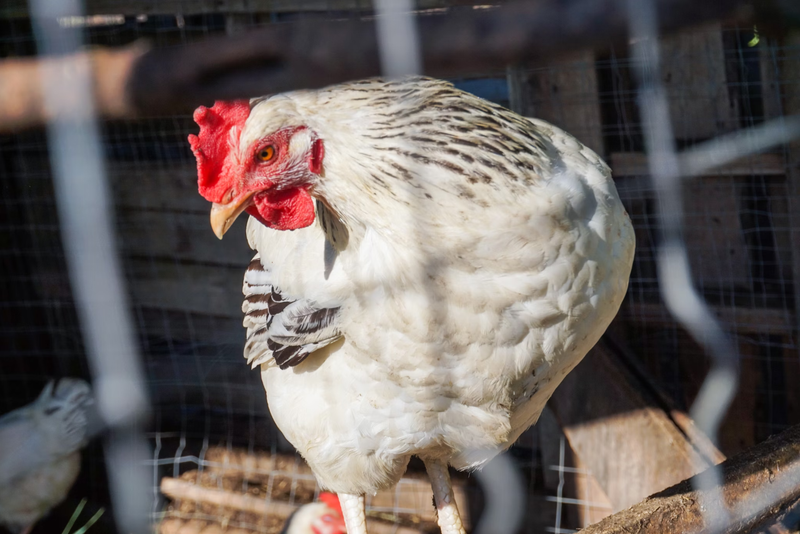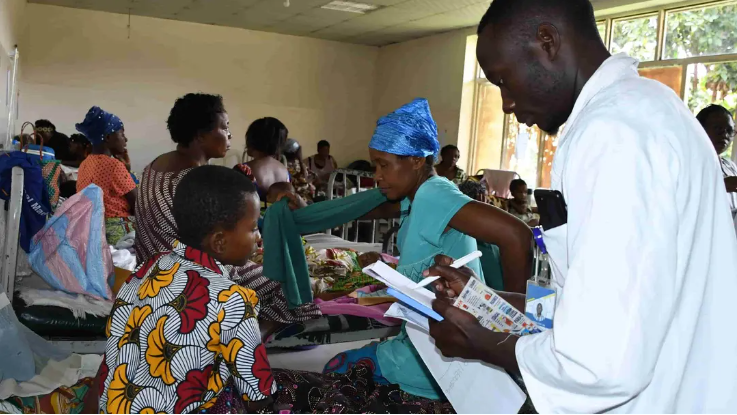Study: 1 in 5 Women Conceive Naturally After Using Fertility Treatment
According to a study by researchers at University College London (UCL) published in the journal Human Reproduction, one in five women who sought assisted conception for their first child were able to become pregnant naturally within three years....
0:00
/0:00
Facts
- According to a study by researchers at University College London (UCL) published in the journal Human Reproduction, one in five women who sought assisted conception for their first child were able to become pregnant naturally within three years.1
- Analysis of 11 studies of over 5K women around the world between 1980 and 2021 showed that, despite rates of conception after fertility treatment, the vast majority of the study participants had subfertility, where conceiving takes longer than typically expected.2
- As one in seven heterosexual couples is now affected by infertility — the failure to conceive after 12 months of regular unprotected intercourse — the researchers wanted to show that natural pregnancy after procedures such as IVF isn't as 'rare' as previously thought.3
- IVF was first introduced in 1978, and more than 10M babies have now been born through the process — between 1% and 6% of births per year in the developed world in 2020.2
- The study is 'good news,' said Dr Marta Jansa Perez, a clinical embryologist associated with the British Fertility Society. But she warned that those affected by age or male infertility shouldn't delay seeking treatment for subsequent pregnancies because of the development.4
- Interviewed for the study, Shema Tareq — who went through IVF and subsequently conceived naturally — called her second child a 'wonderful surprise,' but said she'd 'have used contraception' if she'd been aware of her heightened chances of pregnancy.1
Sources: 1Guardian, 2Evening Standard, 3SheThePeople and 4BBC News.
Narratives
- Narrative A, as provided by OUP Academic. While this news doesn't mean that everyone struggling with fertility issues should abruptly go out and start IVF, it does show that the evidence such procedures do not lessen a woman's chances of natural pregnancy was there all along. In light of this study, scientists and doctors should push harder to provide cheaper access to IVF.
- Narrative B, as provided by Natural Womanhood. While this is positive news, it risks distracting from the fact that the medical field seems to have given up on the underlying causes of infertility, as well as the overall health impacts of infertility and assisted reproductive technology. Health issues such as polycystic ovary syndrome (PCOS) and endometriosis affect both fertility and quality of life, yet the medical establishment has neglected them. For the sake of improving women's lives, we should not only be looking to solve infertility, but to better understand and treat the complexities relating to female fertility.







